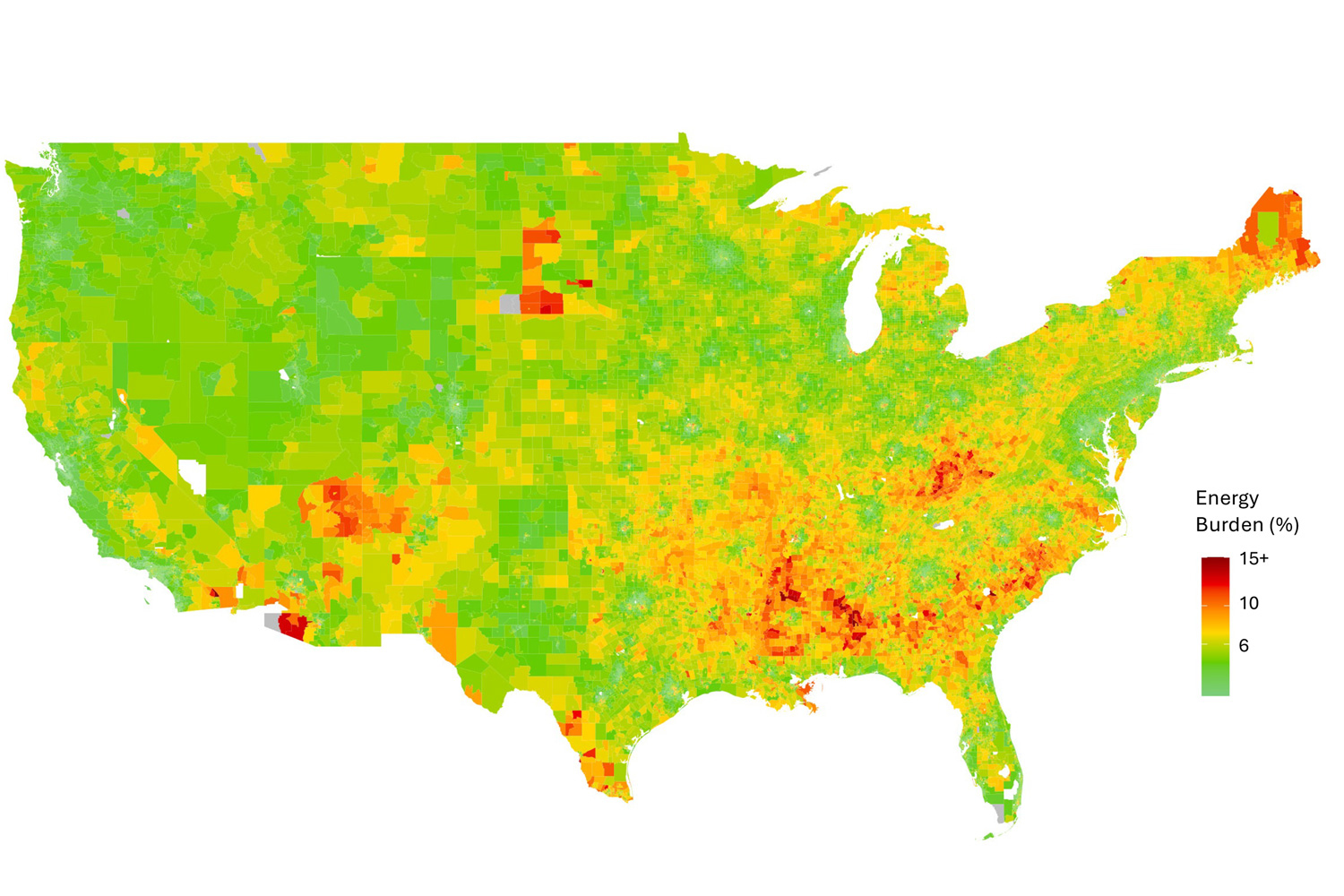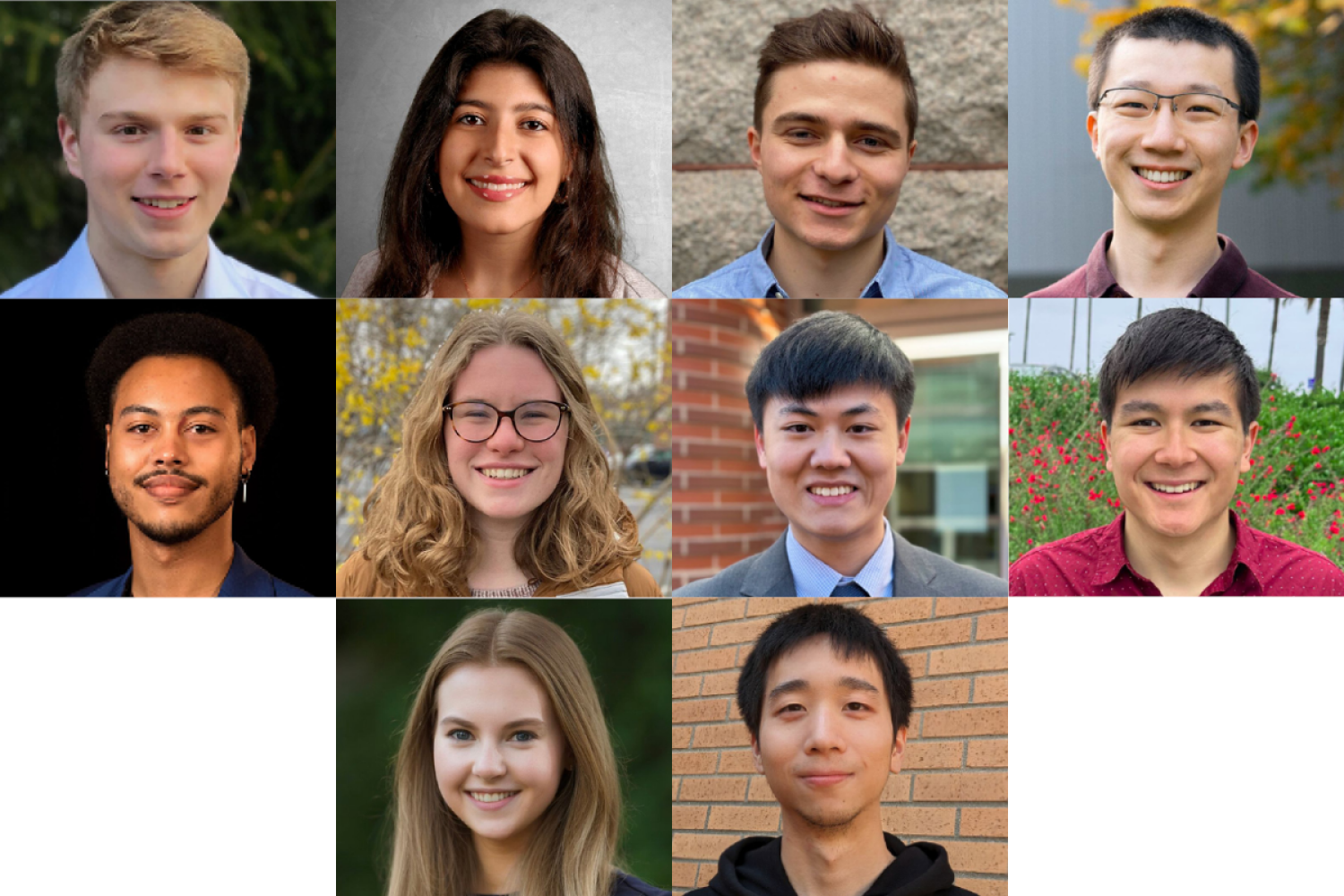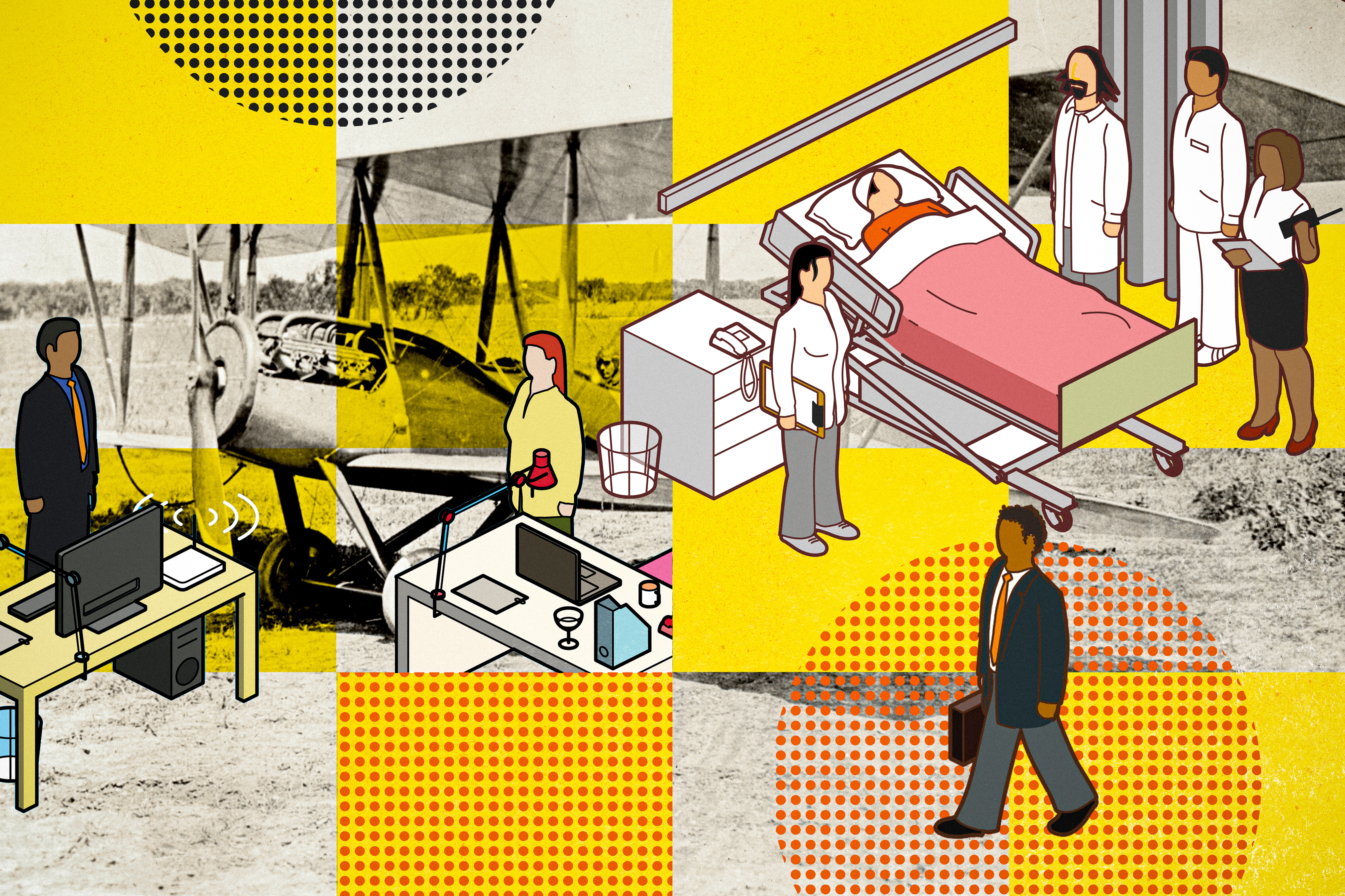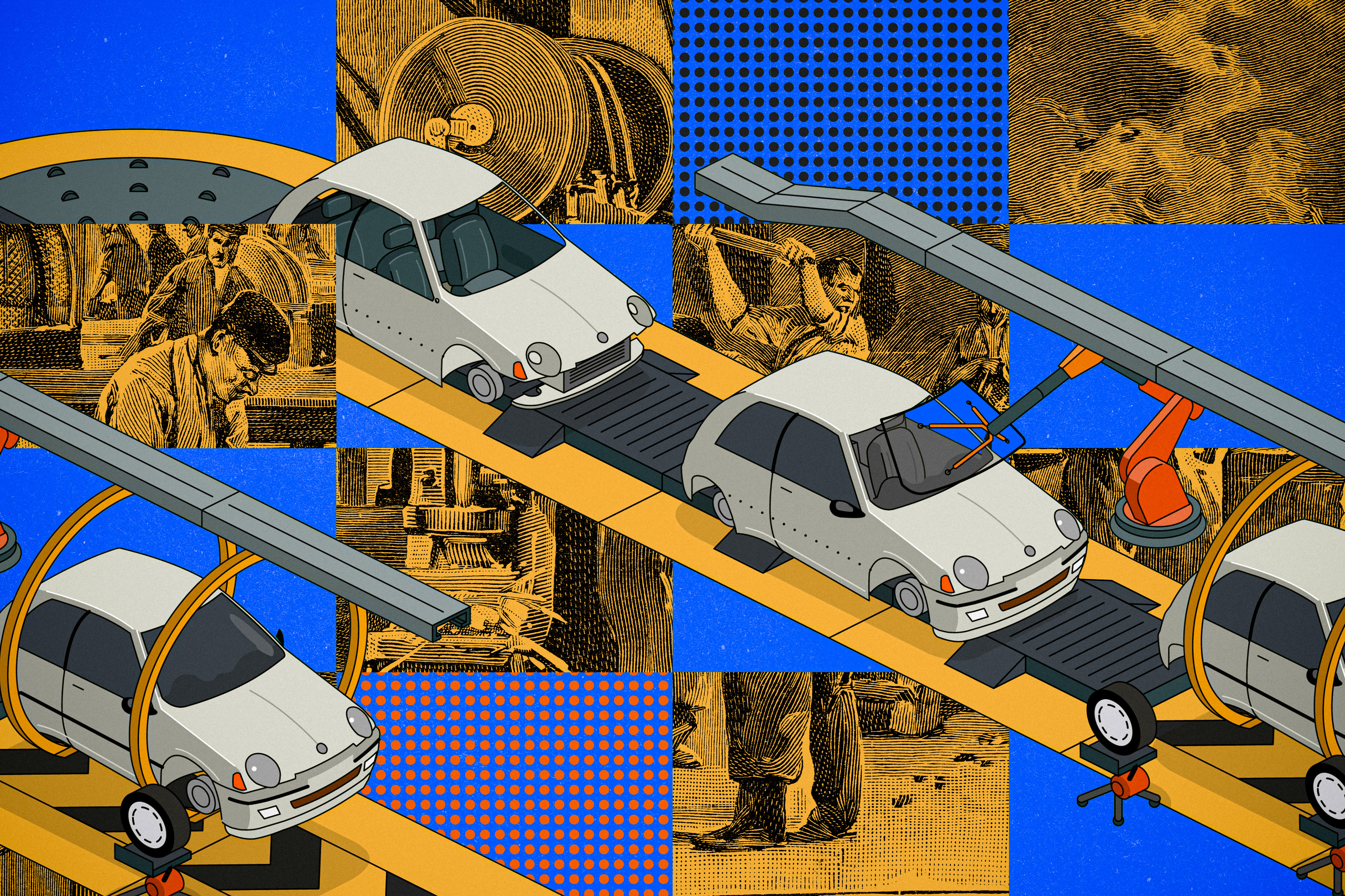Ten with MIT connections win 2024 Hertz Foundation Fellowships
The fellowships provide five years of funding to doctoral students in applied science, engineering, and mathematics who have “the extraordinary creativity and principled leadership necessary to tackle problems others can’t solve.”
Elizabeth Durant | Office of the Vice Chancellor •
mit
June 3, 2024 • ~10 min
June 3, 2024 • ~10 min
/
30










